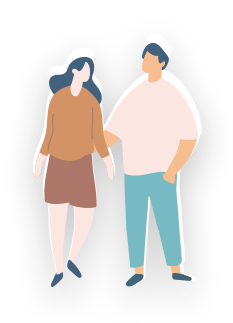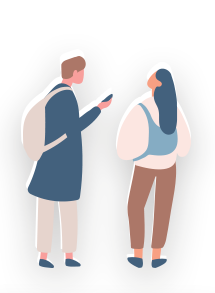
Personal hygiene can be described as the principle of maintaining cleanliness and grooming of the external body. It is looking after yourself and your body to maintain health.
Personal hygiene is important for personal, social, psychological and emotional reasons. It helps prevent infections and the spread of disease, illness and body odour. Good personal hygiene can also have a positive impact on self-esteem, confidence and body image.
Personal hygiene is particularly important during puberty as the body begins to produce more hormones that can increase the amount of sweat, oil and odour the body produces.
The following things are essential to maintain optimum health:
- maintaining a well-balanced diet
- drinking plenty of water
- getting enough rest and relaxation
- getting enough sleep
- exercising regularly
- avoiding alcohol and other drugs
- maintaining appropriate personal hygiene.
Bathing and showering
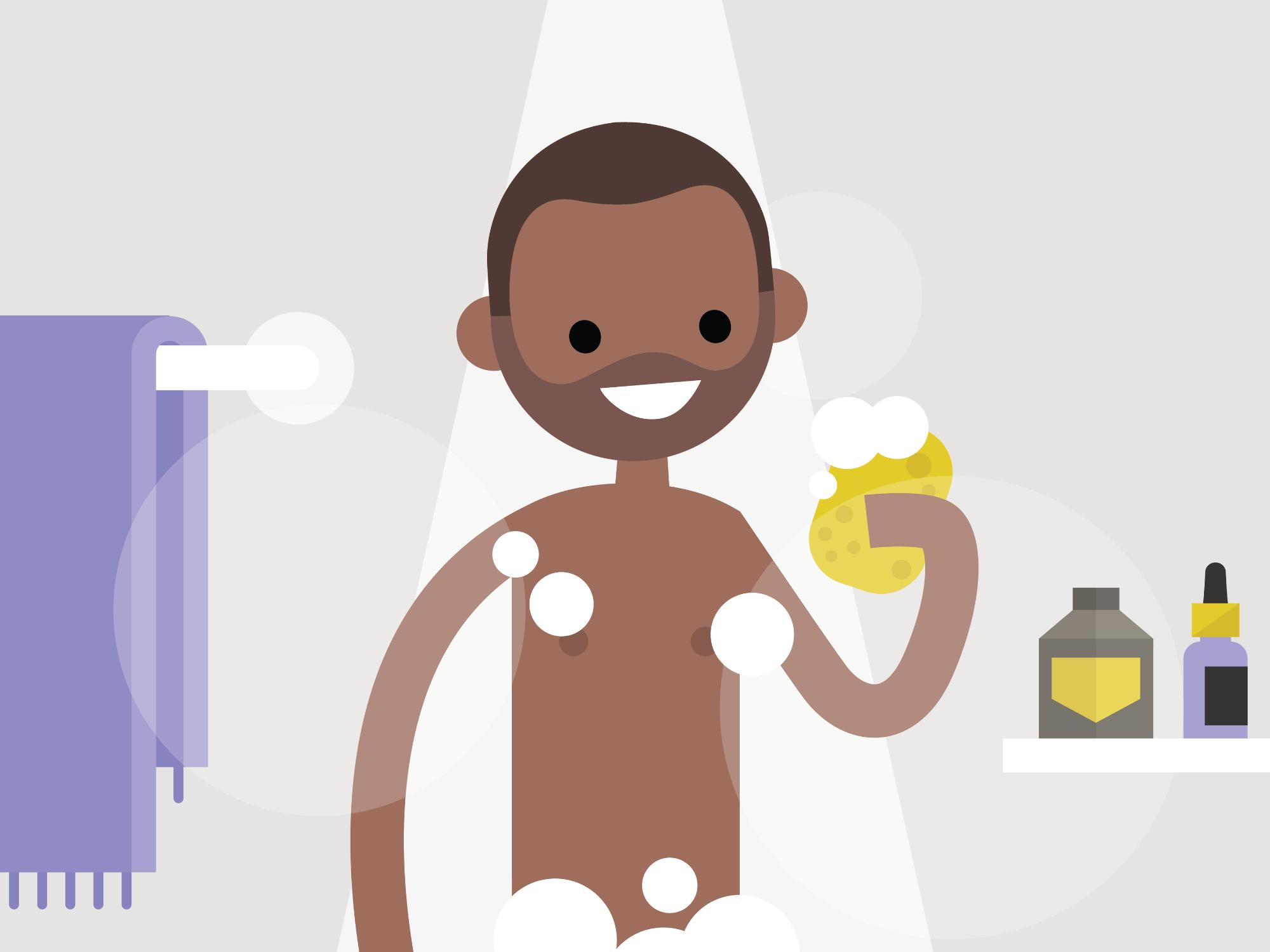
- Bathing, washing or showering is important on a daily basis to remove dirt, sweat and odour from the skin's surface.
- Using a cleansing agent/body wash/soap to clean the skin assists with keeping excess skin oils under control.
- Rinse the skin well from cleansing agents/body wash/soap to prevent irritation before drying the skin.
- Use clean towels to dry the skin, pay attention to drying skin creases e.g. under arms, feet, between toes and groin areas.
- Brush, and wash hair regularly with shampoo an da conditioner to keep it clean and oil free.
Oral Hygiene
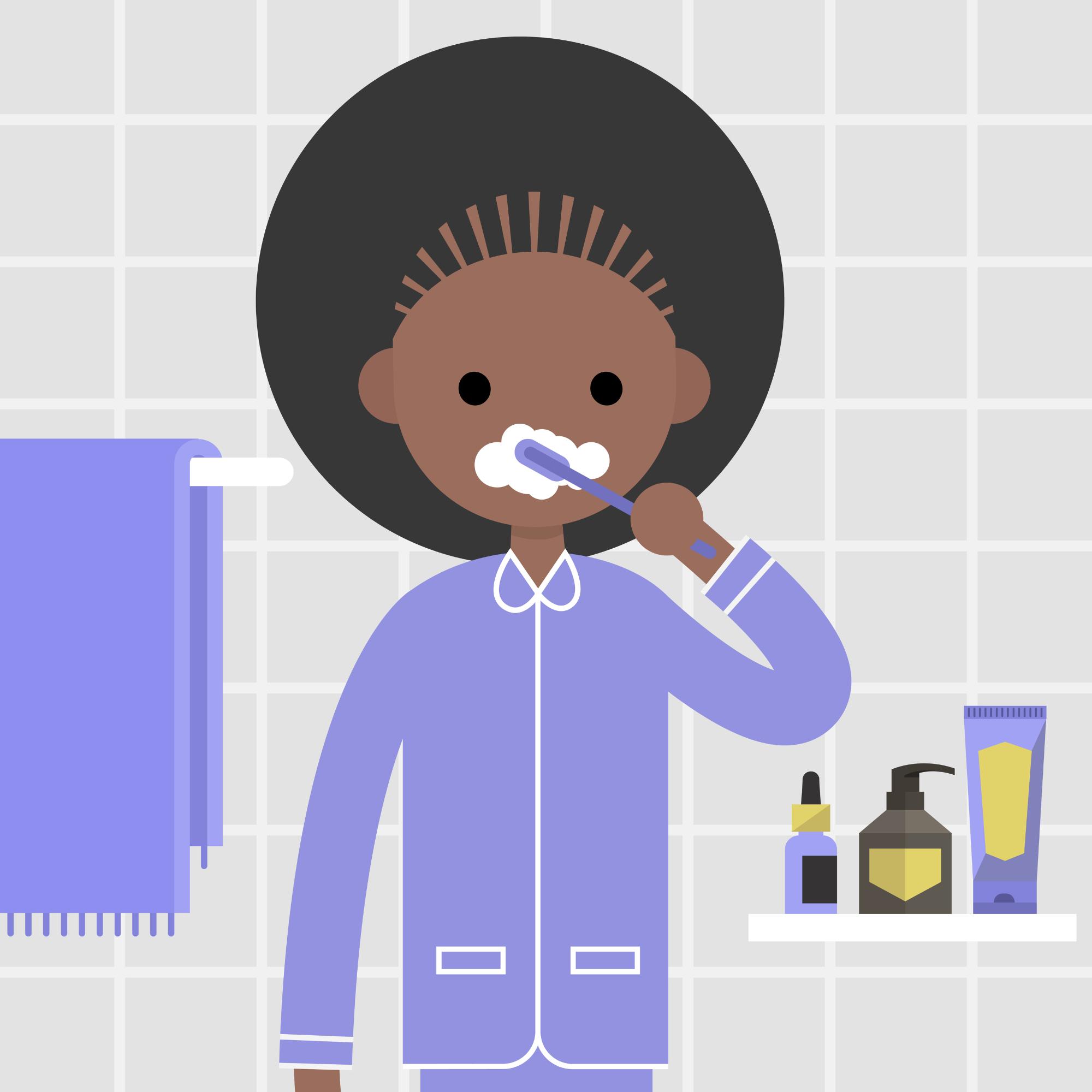
- Good oral hygiene practices should be part of everyday life.
- Brush teeth, gums and tongue twice daily - morning and evening after eating to maintain healthy teeth and mouth.
- Drink plenty of fresh water daily.
- Floss teeth regularly to reduce the debris between teeth and gums.
- Mouth wash may be used to rinse after brushing/flossing teeth.
- Visit the dentist regularly for check-ups to maintain healthy teeth, gums and mouth.
Ear care
- Personal hygiene of the ear only involves keeping the outer ear clean and dry.
- Clean the outer ear (pinna) and remove excess wax without probing the ear canal. Clean the pinna and the entrance to the canal.
- Do not stick cotton buds or any objects into the ear canal.
Foot care
- Bathe/wash feet at least once a day to help reduce bacteria and sweat on the skin.
- Ensure that feet are dried properly, especially between toes and creases.
- Wear shoes that allow feet some ventilation.
- Cotton socks will help absorb excess sweating in sneakers.
- Keep toe nails short and clean.
Potential body odour
- Many young people going through puberty find they produce more oil and sweat than when they were younger.
- To prevent body odour, washing and using deodorants, antiperspirants and wearing clean clothes is recommended.
- There are certain areas of the body that contain more sweat glands than others - under arms, groin, feet. These areas are also often hidden away from the air which allows bacteria to grow more easily. Washing these areas of the body more frequently is required.
- Exercise and hot weather also increase sweating and the potential for body odour, so washing more often during these times is important.
Skin changes, pimples and acne
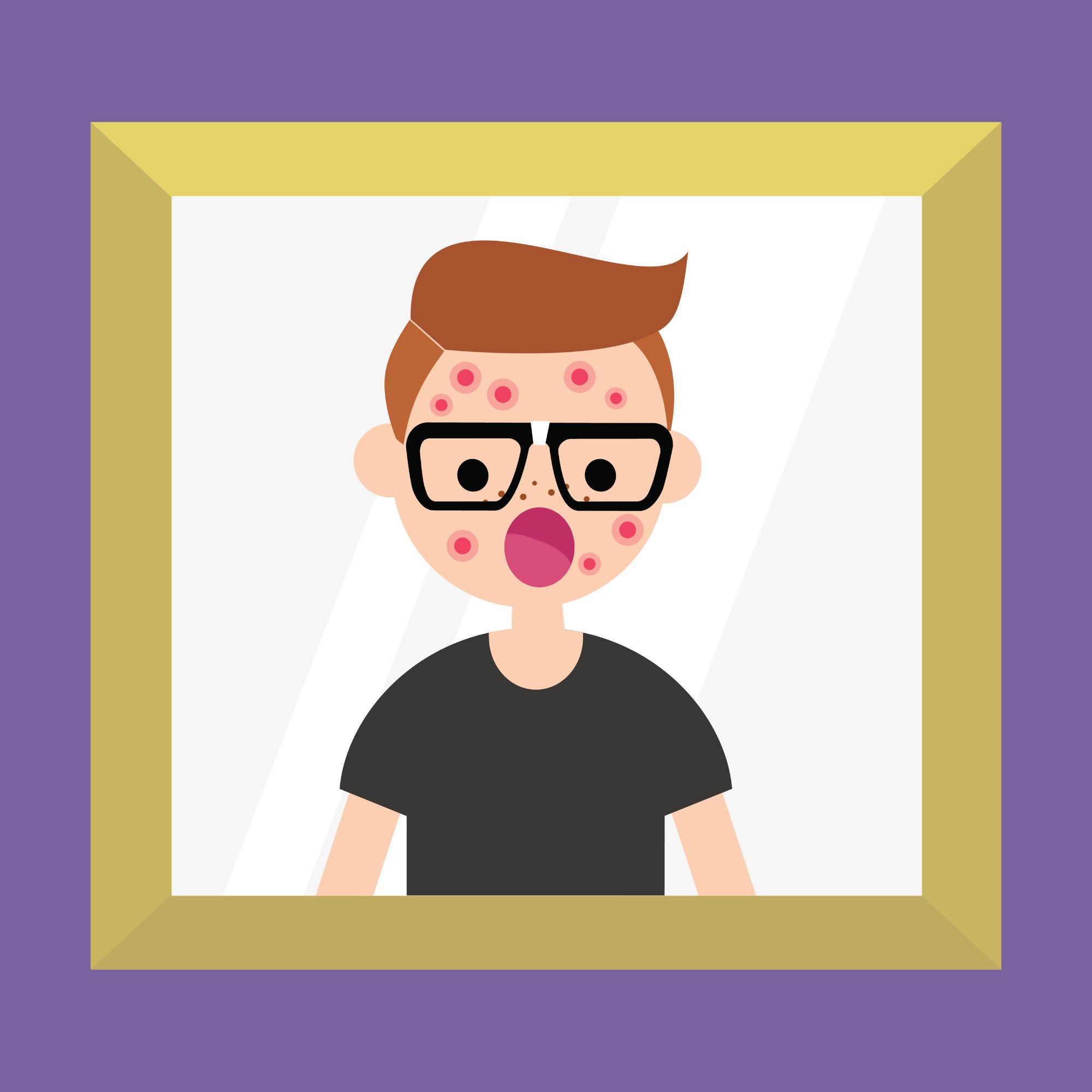
- Puberty increases the production of oils in the skin which can cause pimples.
- Some young people going through puberty can get acne. There are a number of treatment options available, so students should seek advice if they find their experiences with acne to be a problem.
Body hair
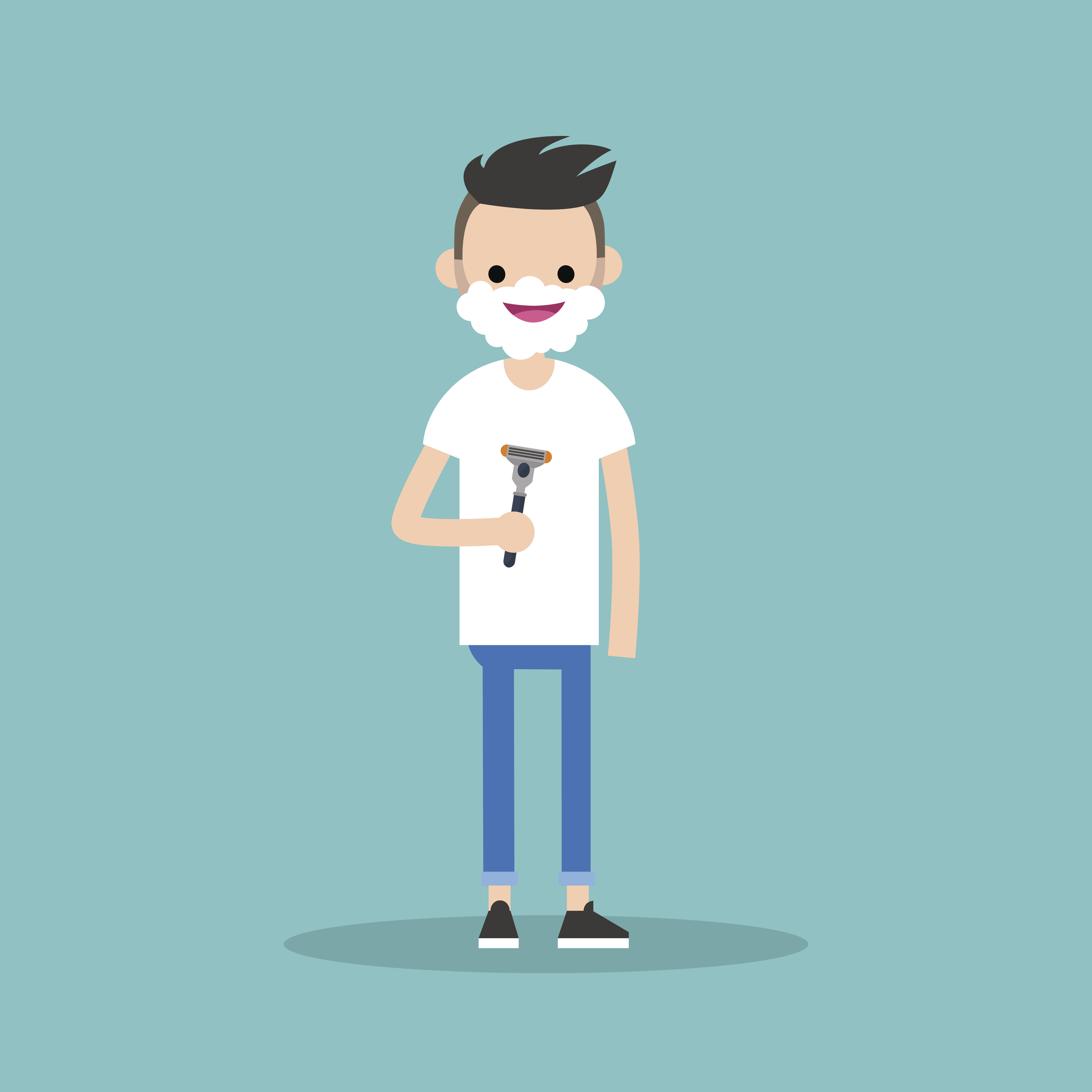
During puberty there are usually changes to body hair that include:
- arm and leg hair growing and thickening
- pubic hair growing
- hair on growing on the chest and face (mostly boys).
Body hair is completely natural and normal and serves a number of body functions.
Some people choose to remove some or all of their body hair in places that is unwanted. Hair can be removed using a number of methods, such as: shaving, waxing, hair removal creams, plucking, trimming, threading and lasering.
Essentially it is a personal choice. Young people might like to talk to a trusted adult before they make any decisions about hair removal.
See FAQ: Is it normal for people to shave/wax their pubic hair?
Sleep, rest and relaxation
Sleep is important to both physical and emotional wellbeing. Adults should get 7-8 hours' sleep per night. Children and young people need more sleep to allow for healthy development of the brain and body. The amount of sleep each person needs is different, some signs that you are not getting enough sleep include:
- not feeling refreshed when you wake up in the morning
- feeling tired or drowsy throughout the day
- being grumpy, moody or forgetful
- finding it difficult to concentrate
Things that can help you to have a better night sleep include:
- avoid caffeine in energy drinks, coffee, tea, chocolate and soft drinks, particularly in the afternoon
- get plenty of natural light during the day
- eat a healthy balanced diet
- avoid screens 90 minutes before bed (especially computers, phones, tablets)
- relax before bedtime
- try to have a regular bedtime routine with regular sleep and wake times
Rest and relaxation
Rest and relaxation are also extremely important for both physical and mental wellbeing. Everyone is different when it comes to ways that they like to relax - listen to music, read a book, tech free time, gardening, dancing, go for a walk, playing with a pet, baking, doing art/craft, meditation, yoga.
The right amount of sleep, rest and relaxation helps to reduce stress and anxiety, lower blood pressure and heart rate, reduce muscle tension and chronic pain, reduce anger and frustration, and boost confidence and concentration.
Body image
- The changes that take place during puberty can make young people feel self-conscious of their body and looks.
- Everyone comes in different shapes, sizes, colours and cultures. Diversity makes the world a more interesting place and it is important to practice ways of liking ourselves.
- Acknowledge and celebrate all the amazing things your body does for you, rather than pick apart how it looks.
- Messages from the media only show limited types of bodies and beauty, and many images are photoshopped, angled and filtered and do not show what the person looks like in the reality of everyday life.
- Dieting during puberty is not healthy and should not happen. The body is going through major changes and needs good health and nutrition to grow and develop.
See Background teacher note: Body image for further information.


